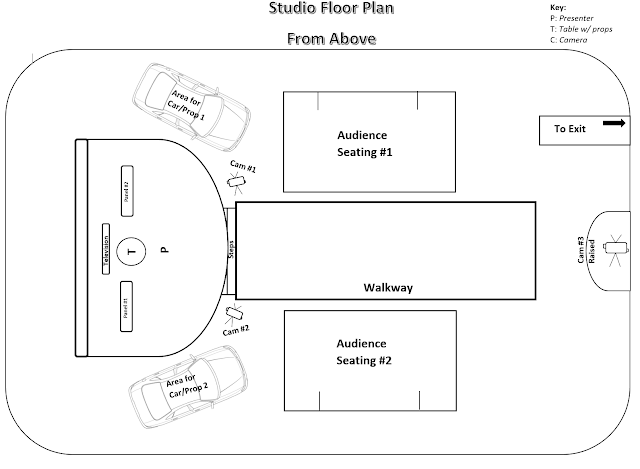Contextual Research | What is Screenwriting?
What is Screenwriting?
 Screenwriting is an incredibly unique profession as it requires little to no education, simply a keen interest in imaginative storytelling and at times the right connections. The job by nature is freelance, therefore requires you to be pro-active at finding yourself work, whether this be pitching and selling your scripts to major publishing companies or acquiring an agent to manage the distribution and coverage of your scripts.
Screenwriting is an incredibly unique profession as it requires little to no education, simply a keen interest in imaginative storytelling and at times the right connections. The job by nature is freelance, therefore requires you to be pro-active at finding yourself work, whether this be pitching and selling your scripts to major publishing companies or acquiring an agent to manage the distribution and coverage of your scripts.
Types of Screenwriters
Interestingly there are different forms of screenwriters within the industry; professional screenwriters typically are represented by a talent agency and/or personal agent, their job is to scout and find interesting opportunities that could appeal to their clients, then try their best to land them the job. They essentially act as a proxy between the screenwriter themselves and the tens, hundreds or sometimes even thousands of people wanting their services. This works exactly the same as a musical or acting agent.
On the contrary amateur screenwriters generally are required to work for free until they build up a reputation for themselves and talent agencies reach out to them. They are widely referred to as 'Writers in Training' within the industry. More often than not screenwriting is a trial and error business and requires frequent failure and extreme persistence in order to achieve mainstream success.
Script Doctoring
 Another common technique screenwriters will use throughout their career will be the doctoring of other people's scripts. Companies will often hire established screenwriters to run through a script, evaluating it and adjusting to a specific criteria that the company requires, for example, a production company may not be confident with the writing for a specific character's dialogue within a scene or an entire screenplay, therefore asking someone to come in and clarify it.
Another common technique screenwriters will use throughout their career will be the doctoring of other people's scripts. Companies will often hire established screenwriters to run through a script, evaluating it and adjusting to a specific criteria that the company requires, for example, a production company may not be confident with the writing for a specific character's dialogue within a scene or an entire screenplay, therefore asking someone to come in and clarify it.
Script doctoring can be very lucrative in many occasions and there have been several people who have built their careers off the money they earn doctoring existing scripts.
Scriptwriting and Formatting
The style of scriptwriting is very distinct and must follow a specific set of rules in terms of formatting. Generally it's split into different categories;
Types of Screenwriters
Interestingly there are different forms of screenwriters within the industry; professional screenwriters typically are represented by a talent agency and/or personal agent, their job is to scout and find interesting opportunities that could appeal to their clients, then try their best to land them the job. They essentially act as a proxy between the screenwriter themselves and the tens, hundreds or sometimes even thousands of people wanting their services. This works exactly the same as a musical or acting agent.
On the contrary amateur screenwriters generally are required to work for free until they build up a reputation for themselves and talent agencies reach out to them. They are widely referred to as 'Writers in Training' within the industry. More often than not screenwriting is a trial and error business and requires frequent failure and extreme persistence in order to achieve mainstream success.
Script Doctoring
Script doctoring can be very lucrative in many occasions and there have been several people who have built their careers off the money they earn doctoring existing scripts.
Scriptwriting and Formatting
The style of scriptwriting is very distinct and must follow a specific set of rules in terms of formatting. Generally it's split into different categories;
- Scene Heading
- Action
- Character
- Dialog
- Parenthetical
- Transition
- Shot
- Text
The layout is important as it ensures that someone can pick it up and read through it quickly and efficiently, getting an idea of shot composition, narrative, stylistic choices and the nature of the characters featured within. As you can see on the right, this is a traditional layout for a script - Scenes are split up with scene headings, highlighted in bold and grey as you can see. (Pictured Right, click to enlarge)




Comments
Post a Comment